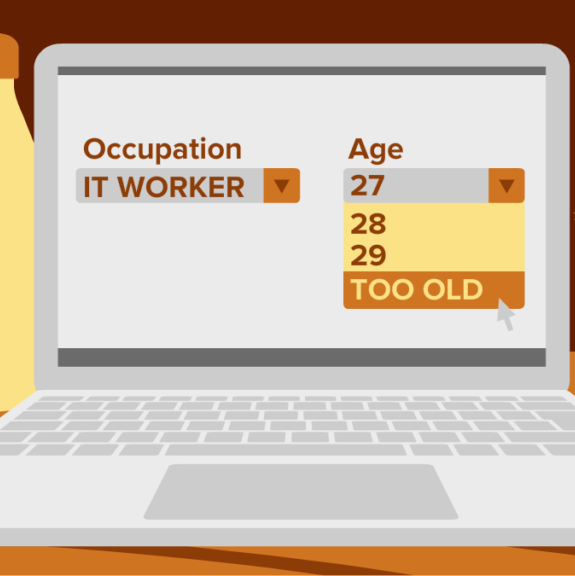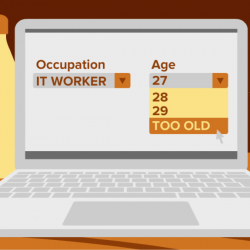To provide the best experiences, we use technologies like cookies to store and/or access device information. Consenting to these technologies will allow us to process data such as browsing behaviour or unique IDs on this site. Not consenting or withdrawing consent, may adversely affect certain features and functions.
The technical storage or access is strictly necessary for the legitimate purpose of enabling the use of a specific service explicitly requested by the subscriber or user, or for the sole purpose of carrying out the transmission of a communication over an electronic communications network.
The technical storage or access is necessary for the legitimate purpose of storing preferences that are not requested by the subscriber or user.
The technical storage or access that is used exclusively for statistical purposes.
The technical storage or access that is used exclusively for anonymous statistical purposes. Without a subpoena, voluntary compliance on the part of your Internet Service Provider, or additional records from a third party, information stored or retrieved for this purpose alone cannot usually be used to identify you.
The technical storage or access is required to create user profiles to send advertising, or to track the user on a website or across several websites for similar marketing purposes.
 Toyota has revealed plans to build a prototype city of the future on a 175-acre site at the base of Mount Fuji in Japan. Announced at CES 2020, the global consumer technology show in Las Vegas, the Woven City will be a fully connected ecosystem, powered by hydrogen fuel cells. Envisioned as a “living laboratory,” the city will be home to full-time residents and researchers who will be able to test and develop technologies such as autonomy, robotics, personal mobility, smart homes and artificial intelligence in a real-world environment. (more…)
Toyota has revealed plans to build a prototype city of the future on a 175-acre site at the base of Mount Fuji in Japan. Announced at CES 2020, the global consumer technology show in Las Vegas, the Woven City will be a fully connected ecosystem, powered by hydrogen fuel cells. Envisioned as a “living laboratory,” the city will be home to full-time residents and researchers who will be able to test and develop technologies such as autonomy, robotics, personal mobility, smart homes and artificial intelligence in a real-world environment. (more…)



































January 7, 2020
The culling of freelancers with IR35 is a really, really bad idea
by Dean Sadler • Comment, Flexible working